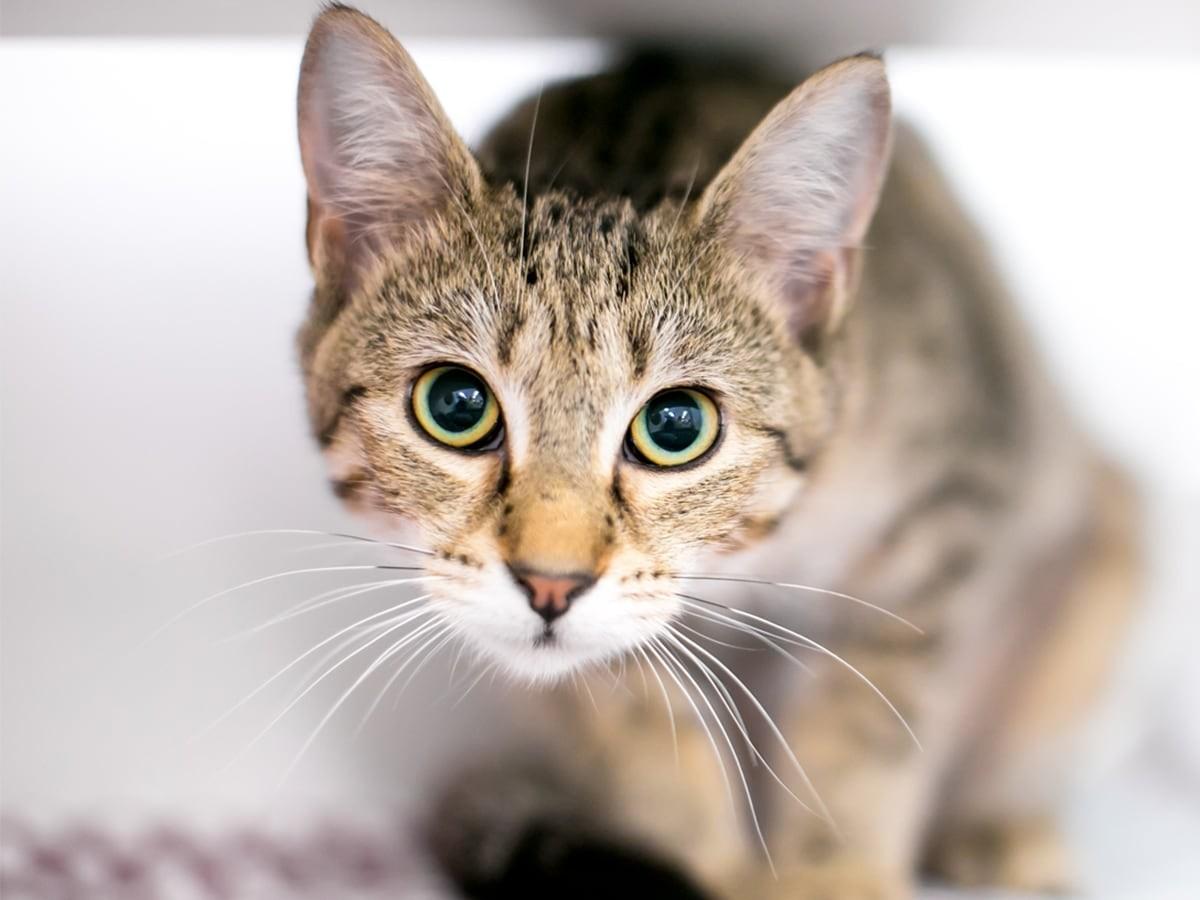Has your feline friend been trembling or shivering lately? If you're wondering, "Why is my cat shaking?" you're not alone. Cat shaking can be caused by a variety of factors, ranging from simple excitement to more serious medical conditions. Understanding the reasons behind your cat's shaking is crucial for providing appropriate care and ensuring their well-being.
Why Do Cats Shake?
There are several common causes of cat shaking, some benign and others requiring veterinary attention:
Fear and Anxiety: Cats are sensitive creatures, and they may shake when feeling scared or anxious. Loud noises, unfamiliar environments, or the presence of other animals can trigger this response. For example, a cat might tremble during a car ride or a visit to the veterinarian's office.
Excitement or Anticipation: Just as shaking can indicate fear, it can also be a sign of excitement. Your cat might shake when they're anticipating a treat, playtime, or your arrival home. This type of shaking is usually accompanied by other signs of excitement, like purring, meowing, or rubbing against you.
Cold Temperatures: Like humans, cats can shiver when they're cold. This is a natural response to generate heat and warm up their bodies. If your cat is shaking and seems cold, provide them with a warm blanket or a heated bed.
Pain and Discomfort
Shaking can be a subtle sign of pain in cats. They may tremble due to various underlying conditions, such as:
Injuries: Sprains, strains, or fractures can cause pain and lead to shaking.
Arthritis: This degenerative joint disease is common in older cats and can cause pain and stiffness, leading to trembling.
Dental Problems: Toothaches or gum disease can also cause discomfort and shaking.
Abdominal Pain: Digestive issues, urinary tract infections, or other internal problems can lead to shaking due to pain.
Neurological Disorders
In some cases, shaking can be a symptom of a neurological disorder, such as:
Feline Hyperesthesia Syndrome (FHS): This condition can cause a range of symptoms, including rippling skin, twitching, and vocalization, along with shaking.
Tremor Syndromes: Certain tremor syndromes can cause involuntary shaking in cats.
Seizures: While less common, seizures can cause full-body tremors.
Poisoning or Toxin Exposure
Exposure to toxins or poisons can cause various neurological symptoms in cats, including shaking. If you suspect your cat has ingested something toxic, seek immediate veterinary care. Learn more about symptoms of poisoning in pets.
How to Help a Shaking Cat
If you notice your cat shaking, it's important to assess the situation and determine the cause. Here are some steps you can take:
Observe Your Cat: Take note of the circumstances surrounding the shaking. Is your cat in a new environment? Are they cold? Did they recently eat something?
Check for Injuries: Gently examine your cat for any visible signs of injury or pain.
Offer Comfort: If your cat seems scared or anxious, provide them with a safe and quiet space to calm down.
Warmth: If your cat is cold, offer them a warm blanket or a heated bed.
Consult Your Veterinarian: If the shaking is persistent, severe, or accompanied by other symptoms, contact your veterinarian immediately.
Why is My Cat Shaking Like Shivering?
If your cat is shaking like they are shivering, the most likely cause is that they are cold. Ensure they have access to a warm, cozy place to rest and consider providing a heated bed or blanket.
What to Do if My Cat Won't Stop Shaking?
If your cat's shaking persists or worsens despite your attempts to comfort them or warm them up, it's crucial to seek veterinary attention. They can perform a thorough examination, run diagnostic tests, and determine the underlying cause of the shaking. Early diagnosis and treatment can lead to better outcomes for your pet.
Expert Insights From Spot
Spot Pet Insurance's data underscores the importance of addressing cat shaking promptly. In 2023, 5% of pet insurance claims were for joint pain, with arthritis being a common culprit. Gastrointestinal issues, another potential cause of shaking, accounted for 9% of claims and cost 117% more than the average claim of $386. Early intervention is key to managing these conditions effectively.
Key Takeaways
Cat shaking can have various causes, from harmless excitement to serious medical conditions. By paying attention to your cat's behavior, understanding the possible reasons for shaking, and seeking veterinary care when necessary, you can ensure your feline companion receives the appropriate care and support they need to stay healthy and happy.

If you need a story or someone to talk to your cat like a person, I’m your person. With 3 cats, 1 dog, and a lifetime of pets, I write from experience, usually with a cat on my keyboard and a dog in my lap.











